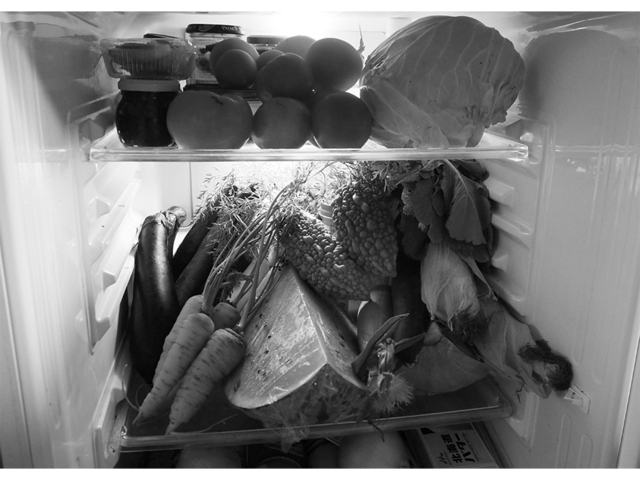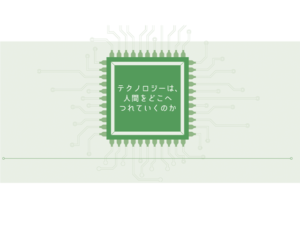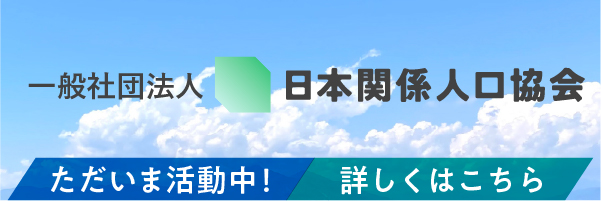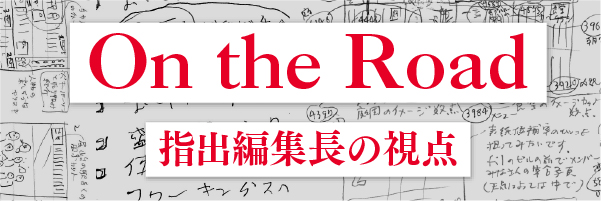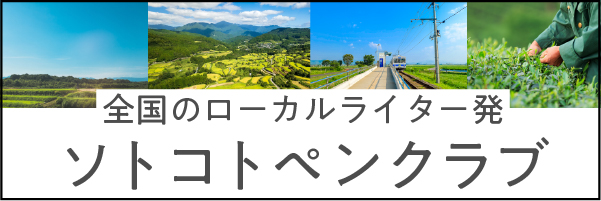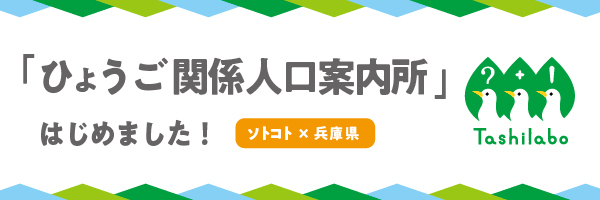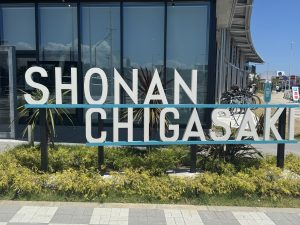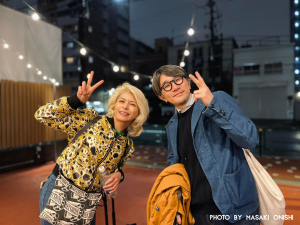川上村での1年目、うれしい"問題"が起こった。近所の人や、たまたま出会う人は「ちょっと待ってね」といつも言い、自分の畑に走り、土のついた大根や人参を持って来てくれた。都会から村に来たばかりの僕は、この小さなことだけで村民たちに歓迎されたと感じた。なかなか断れない僕は、もう冷蔵庫に入れられなくなるほど、野菜をみんなからもらいすぎた。ある夜、野良のアナグマは野菜の匂いを嗅ぎ、開けっ放しにしていた裏のドアから家に入ってきた。アナグマは家の中を歩き回っただけだったが、野生動物の闖入はこの"問題"の深刻さを実感させた。
僕は「郷に入っては郷に従え」の心で村に来たから、野菜で歓迎してくれた村民たちに倣って自分の感謝を表したかった。自分の台所には、すぐ渡せるものやアメリカのお菓子を用意した。野菜をもらった時は、その人がどんな料理をお勧めするかを聞いた。すると、前より少し仲良くなった。葉っぱ類は「おひたし!」、ほかのものは「炊いたらおいしいで」とキラキラする目でよく勧められた記憶がある。僕は野菜の料理を増やしたり、友達と一緒に食べたり、一人で食べ切れないもらいものをしたときは人にお裾分けしたり、冷蔵庫にある野菜の量をなんとなく管理できるようになった。
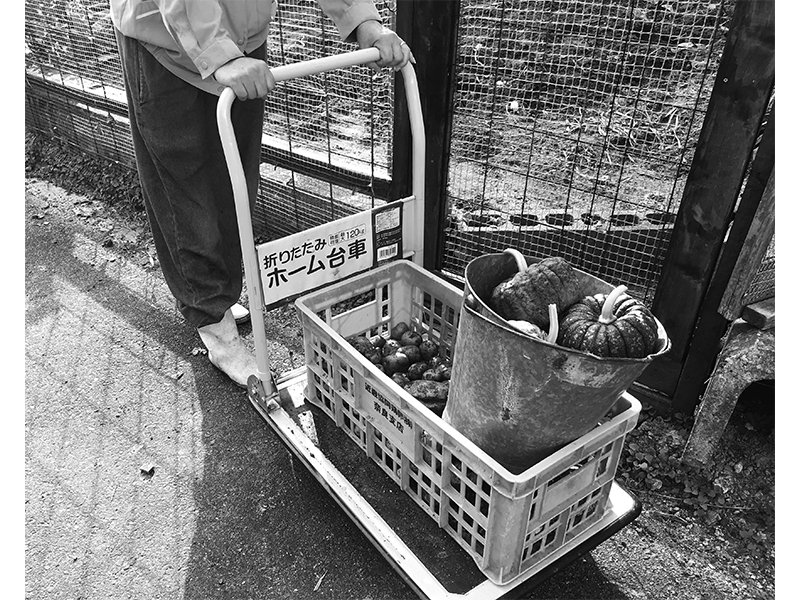
地元の人はお互いに玉ネギやリンゴを分けることで、感謝や友情、そして「この関係を大切にしている」という気持ちを伝え合う。僕は最初にもらったものを「歓迎」の表現として感じていたが、1年か2年が過ぎても、まだいろいろもらった。家に帰ったら、郵便箱に牛肉コロッケや肉まんの入った紙袋を見つけたし、長い停電の夜には、近所の人が味噌汁とおにぎりを持って来てくれた。僕だけの印象だが、その牛肉コロッケや停電の夜の味噌汁は、僕を「コミュニティの一員として受け入れた」と表現していた気がする。
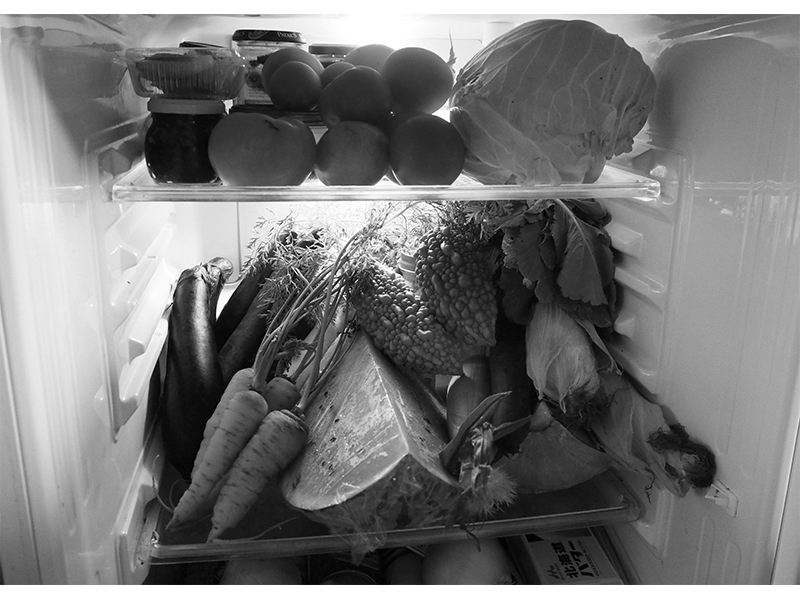
その「受け入れ」を一番感じさせたのは、真冬にテレビ番組の取材を受けていた夜だった。僕の家の中で撮影をしていた時、沖縄から帰ってきた近所のおじさんが、玄関の扉を開け、「はい、おみやげ!」とだけ言って、黒糖飴の袋を僕にさっと渡した。テレビ番組のディレクターは68歳のおじさんに「エリックはどんな人ですか」と聞いた。「友達だよ。普通の友達だ」と彼は答え、瞬く間にカメラから逃げた。おじさんは僕の日本語能力やお箸の使い方を褒めることができたかもしれない。けど、そうしなかった。彼は僕を「友達」と呼んでくれたんだ。
In my first year in Kawakami Village, I had a happy “problem”. Neighbors or people I randomly met would always say, “Hey, wait a second,” run off to their garden, and bring back some Japanese radishes or carrots sprinkled with dirt. Having come fresh from the city, this small gesture made me feel welcome by the locals. However, unable to reject anything, I ended up accepting so many vegetables that they no longer fit into my fridge. One evening, a wild Japanese badger must have smelled these vegetables, and walked into my house through the back door I had left open. The badger just walked around inside my house, but the breaking and entering of a wild animal allowed me to feel how serious this problem had become.
Having come to this village with the “When in Rome…” mindset, I followed suit and expressed my gratitude to the residents who had welcomed me with vegetables. In my kitchen, I prepared things I could hand right away to people and American snacks. When someone gave me vegetables, I asked how they recommended cooking it, and became a little closer with them. I recall being told with bright, twinkling eyes, “Boil’em quickly, and just add soy sauce!,” for the leafy greens, and “It’s great if you slow cook it in a pot!,” for almost anything else. By increasing my vegetable cooking, eating more with friends, and re-distributing what I couldn’t eat by myself, I somehow was able to manage the amount of vegetables in my fridge.
By giving one another onions or apples, locals convey gratitude or friendship, and feelings that say, “This relationship is important to me”. While at first I felt that the sharing of these things was an expression of welcome, after a year or two, I was still receiving a lot of things. When I came home, I found a paper bag of beef croquettes or pork buns in my mailbox. On the night of a long power outage, a neighbor brought me miso soup and rice balls. It might just be my impression, but the beef croquettes and power outage miso soup seem like they expressed that I had been accepted as “a member of the community”.
What made me feel that acceptance more than anything was a night in the middle of winter when I was being interviewed for a TV show. When we were filming inside my house, my neighbor who had just come back from Okinawa opened my front door, and just said, “Here, a souvenir!”, quickly handing me bag of brown sugar candy. The TV director asked the 68-year-old man, “What kind of a person is Eric?”.
“A friend. A regular friend,” he answered, and ran away from the camera before we realized it. My neighbor could have complimented my Japanese language ability or use of chopsticks. But, he didn’t. He called me a “friend”.




